How To Organize What’s Most Important
The best way to organize what’s MOST important is to start by organizing what’s LESS important. If that seems like it makes no sense, bear with me.
When my team works with a client, it is very common to hear “Ooh, that’s important!” or “Be careful with that. It’s important!” Recognizing what’s important is easy, but of course, if everything’s important then nothing’s important.
There are essentially two things we mean, when we say “that’s important”:
1. It’s important that I make a point of acting on that OR
2. It’s important that I find that.
If every important thing that requires acting or finding is left out on surfaces, then you are left with the opposite desired effect: A mess. Why?
Because there is no sense of priority and when that mess gets overwhelming, you don’t feel like you can act on anything. I often say that organizing is not about sorting out your things, but about sorting out your priorities. This prioritization requires the skill of recognizing what is less important. And I want to emphasize less important, as opposed to unimportant. We generally tend to be OK with recognizing unimportant trash and donates.
Recognizing less important items, however, really requires flexing your prioritization muscles. They include archives, seasonal clothes, keepsakes, and backup supplies. Less important items can all be stored more remotely and free up space in your more immediate areas. This liberated space then allows you to find and act upon the items that are most important to you.
The fewer items you have at your fingertips on your desk or kitchen counter, the more of room you have to work on what’s most important.
The fewer items you have stuffed into your kitchen cabinets or clothes closet, the easier it is to find the really important things.
Think of it this way. Without your eyeglasses, you limit ability to find or act on or find anything, so they would be an example of something that is very important. If you’re always losing your eyeglasses, start be reducing the number of places they have to hide.

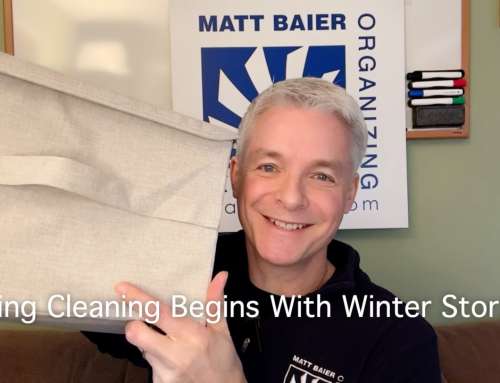
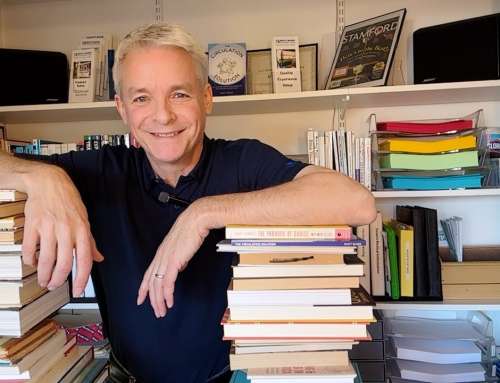
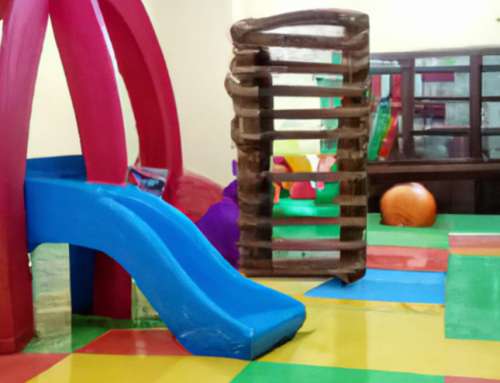
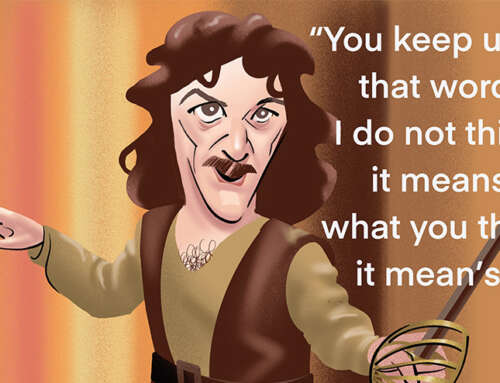
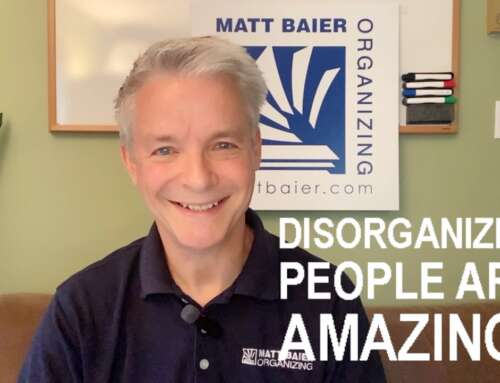






This is so true! We just purged a room that had been “hoarder-style” cluttered for decades, and now it is a room that we love to be in!
You have a unique way to clear through the clutter, both in our offices and homes and in our heads! Great post, Matt!
Isn’t that an AWESOME feeling Marilyn? I know you’re not talking about your space, but it still feels great.
Thanks Arline. Good observation. Actually it STARTS with the head.